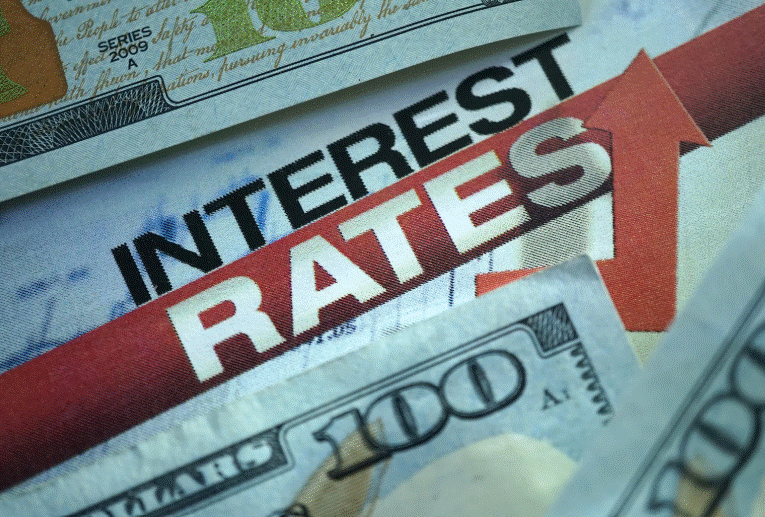The American Dream is based on property ownership. Yet those who aspire to it are often stymied by the roadblocks imposed by banks and finance companies. Particularly in the case of first-time home buyers, conventional loan products can be severe in their approval requirements concerning credit scores, equity, asset holdings and employment duration. These criteria shut out many who would otherwise qualify as valued and reliable borrowers. Loans guaranteed by the Federal Housing Administration (FHA) are aimed at just such applicants. Far from sub-prime products, they have their own strong set of guidelines. Still, FHA loans are a feasible alternative to conventional credit.
History of FHA Loans
The Federal Housing Administration dates back to the years of the Great Depression. Most people rented back then because finance terms were so difficult to fulfill. A home buyer would need to have half the home value at hand before financing the rest. Once approved, the term would extend to five years at a maximum, at which point a massive balloon payment would come due. Because so few people could afford such arrangements, nobody bought homes and two-million construction workers lost their jobs. The FHA was created to make home financing less risky and more affordable. Today, the FHA is an agency of the U.S. Department of Housing and Urban Development (HUD).
How Do FHA Loans Work?
Contrary to some misconceptions, FHA loans are not government-issued mortgages. They are extended by private banks and lending institutions. The role of FHA is that of guarantor, i.e. if the borrower defaults, the FHA pays the outstanding balance of the loan to the bank. This guarantee does not by any means spare the delinquent borrower from the prospect of foreclosure. It does, however, allow the lender to apply different guidelines when approving an application.
Who Is Eligible for an FHA Loan?
Applicants with credit scores not below 580 -- as opposed to 620 or even 640 -- can qualify for an FHA loan on a family home that is owner-occupied. The one exception here is for borrowers who make a larger down payment or have more equity. Lenders can go as low as 500 on the credit score if borrowers bring 10 percent to the table as opposed to the minimum 3.5 percent. Because equity requirements fall below 20 percent of home value, mortgage insurance premiums are built into monthly payments. Meanwhile, the FHA allows a ratio of debt to income of up to 43 percent while conventional loans cap the figure at 36 percent (under most circumstances). These conditions plus steady employment make for good FHA loan candidates.
Does FHA Offer Only One Type of Loan?
While the credit extended for a primary residence is among the most availed FHA offerings, the agency guarantees other loans as well. In fact, the FHA insures loans for home improvement, rehabilitation and those dwellings damaged by natural disasters. It also backs specially tailored financing for manufactured housing and for home equity conversion. The FHA website provides a comprehensive list of loan categories that the agency insures.





